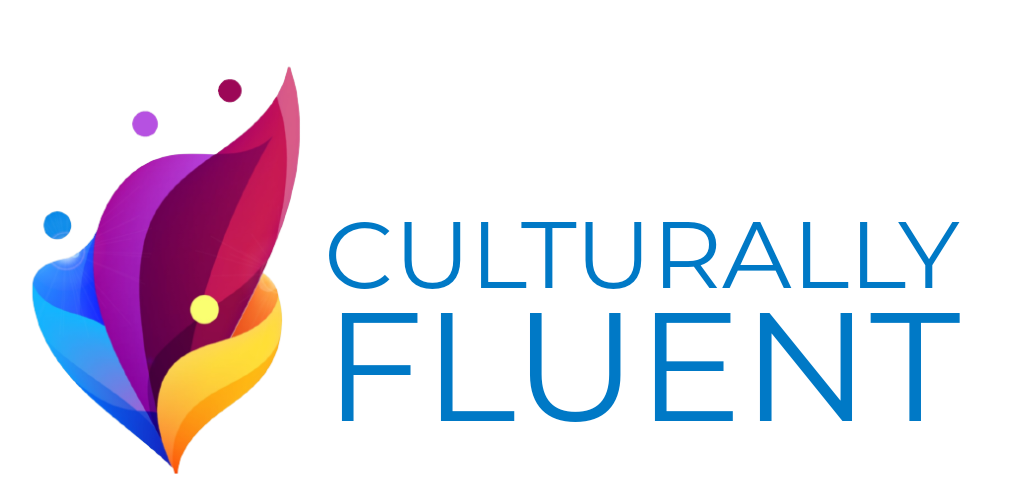As parents, we all want to provide our children with the tools and support they need to thrive. But what if your child's identity is different from your own? What if they are Black in a society that too often devalues and marginalizes blackness? In this context, the question of whether you can love your child is not enough.
Parenting a child of another race isn't questioning if you can love the child.
The question is can you teach the child to love the parts of him/herself that society fears, doubts, questions, and rejects?
Parenting a child of another race isn't questioning if you can love the child.
The question is can you teach the child to love the parts of him/herself that society fears, doubts, questions, and rejects?
Can you teach the child to externalize assaults on their blackness and micro-aggressions and love themselves when they feel excluded because of race?
Can you teach your black child to stand in a room and feel secure and proud even when they are questioned about their abilities, intelligence, and integrity?
Can you prepare your child to embrace and cherish the blackness of their skin when their skin color is considered a weapon?
Can you teach them to stand up straight and use their voice even when others find their very presence intimidating?
Can you teach them how hard and how loud to push back and when to use silence as their greatest defense and protection?
Can you teach them to push through the pain of racism and to externalize the consistent and persistent messages of perceived inferiority?
Can you raise a child to value their blackness when they don't see you valuing and building relationships with people who look like them?
Can you give them the tools to access closed doors, insight to visualize their future and strategies and plans to step over landmines, avoid trap doors, and complete their journey?
Can you teach your child to love him/herself and value their culture and community when the media messaging only reports negative information?
Can you teach your black child to look in the mirror and love the reflection they, see?
Can you teach your black children to love themselves, to value themselves, to define themselves in positive and affirming ways?
Parenting a black child requires us to challenge our assumptions, confront our biases, and learn how to navigate the complex terrain of racial identity development. The real question is, can you help them love themselves and their culture, even when the world around them may not? By providing children with the tools, they need to love and value themselves, and by building strong networks of support and community, we can help black children thrive despite the challenges they may face.
Valarie Chavis is a cultural fluency educator who helps individuals and organizations develop the skills and knowledge to understand and navigate cultural differences. With years of experience in the field, Valarie is passionate about creating inclusive and equitable communities and believes that everyone has a role to play in creating a more just and equitable society. Her work focuses on building cultural competency, creating safe spaces for dialogue, and fostering understanding and respect across cultures.
Parenting a black child requires us to challenge our assumptions, confront our biases, and learn how to navigate the complex terrain of racial identity development. The real question is, can you help them love themselves and their culture, even when the world around them may not? By providing children with the tools, they need to love and value themselves, and by building strong networks of support and community, we can help black children thrive despite the challenges they may face.
Valarie Chavis is a cultural fluency educator who helps individuals and organizations develop the skills and knowledge to understand and navigate cultural differences. With years of experience in the field, Valarie is passionate about creating inclusive and equitable communities and believes that everyone has a role to play in creating a more just and equitable society. Her work focuses on building cultural competency, creating safe spaces for dialogue, and fostering understanding and respect across cultures.

